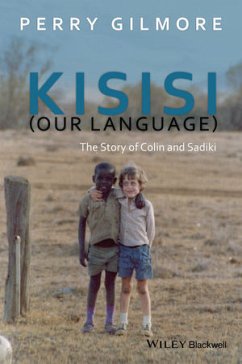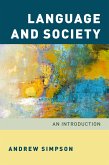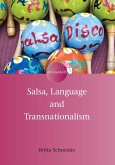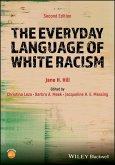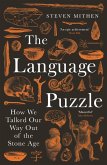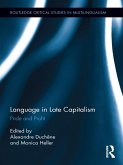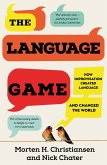Recognized as a finalist for the CAE 2018 Outstanding Book Award! Part historic ethnography, part linguistic case study and part a mother's memoir, Kisisi tells the story of two boys (Colin and Sadiki) who, together invented their own language, and of the friendship they shared in postcolonial Kenya.
- Documents and examines the invention of a 'new' language between two boys in postcolonial Kenya
- Offers a unique insight into child language development and use
- Presents a mixed genre narrative and multidisciplinary discussion that describes the children's border-crossing friendship and their unique and innovative private language
- Beautifully written by one of the foremost scholars in child development, language acquisition and education, the book provides a seamless blending of the personal and the ethnographic
- The story of Colin and Sadiki raises profound questions and has direct implications for many fields of study including child language acquisition and socialization, education, anthropology, and the anthropology of childhood
Dieser Download kann aus rechtlichen Gründen nur mit Rechnungsadresse in D ausgeliefert werden.
"Kisisi braids brilliant linguistic analysis with compelling critical ethnography. A gifted storyteller, Gilmore offers stunning scholarship contesting child language theories and reflecting on the dynamics of stark structural Kenya colonialism."
Michelle Fine, Distinguished Professor of Critical Psychology, The Graduate Center, CUNY
"A story, lovingly told, of two boys' exceptional friendship in a colonial setting. A remarkable example of linguistic practice as emergent in, and inseparable from, the relationships and activities it serves."\
Penelope Eckert, Professor of Linguistics, Stanford University
"A thoroughly unique and artfully crafted documentation of children's creativity at work in inventing a new pidgin language and agency in resisting prevailing language ideologies."
Marjorie Harness Goodwin, Professor of Anthropology, UCLA
"Kisisi (Our Language) is a unique and invaluable account of how two five-year-old boys--one Kenyan, one American--created a spontaneous pidgin. Incisive and poetic, it's part linguistic analysis, part gripping story of culture contact, part deeply moving memorial to a life tragically cut short. This book will fascinate and move anyone interested in language, children, or human experience."
Deborah Tannen, University Professor, Georgetown University
Michelle Fine, Distinguished Professor of Critical Psychology, The Graduate Center, CUNY
"A story, lovingly told, of two boys' exceptional friendship in a colonial setting. A remarkable example of linguistic practice as emergent in, and inseparable from, the relationships and activities it serves."\
Penelope Eckert, Professor of Linguistics, Stanford University
"A thoroughly unique and artfully crafted documentation of children's creativity at work in inventing a new pidgin language and agency in resisting prevailing language ideologies."
Marjorie Harness Goodwin, Professor of Anthropology, UCLA
"Kisisi (Our Language) is a unique and invaluable account of how two five-year-old boys--one Kenyan, one American--created a spontaneous pidgin. Incisive and poetic, it's part linguistic analysis, part gripping story of culture contact, part deeply moving memorial to a life tragically cut short. This book will fascinate and move anyone interested in language, children, or human experience."
Deborah Tannen, University Professor, Georgetown University

